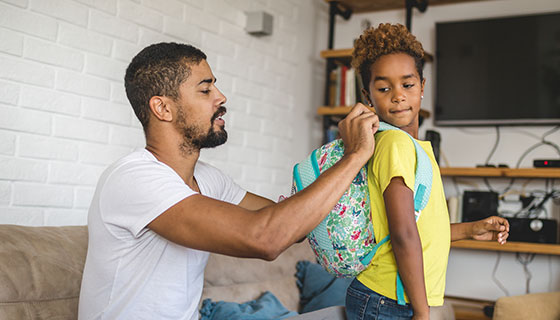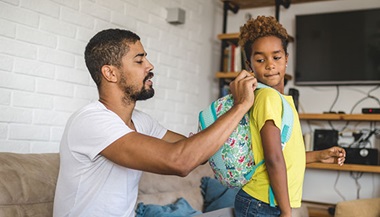Quiz
With COVID-19 vaccines slowly becoming accessible to more Americans and incidence of COVID-19 declining in some areas, schools are making plans to reopen, and there’s hope that children and teens will return to a more normal routine, with increased in-person activities, sports, learning and fun that they have missed.
The coronavirus pandemic has been a long ordeal, and children and teens in your family still need your support. Test your knowledge and see what you know about your child’s mental health during COVID-19.




